#Zhuang Zhou & Butterfly莊周蝶夢
Photo
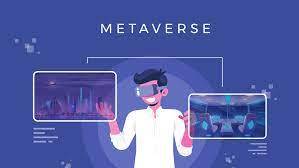
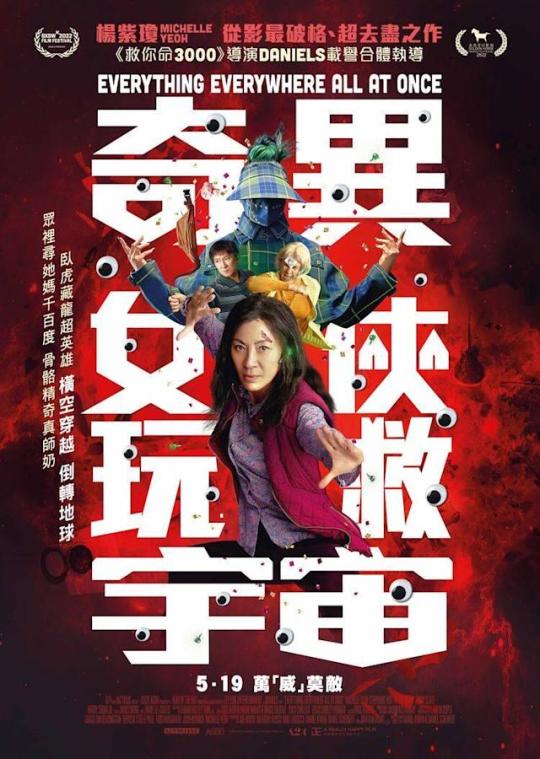
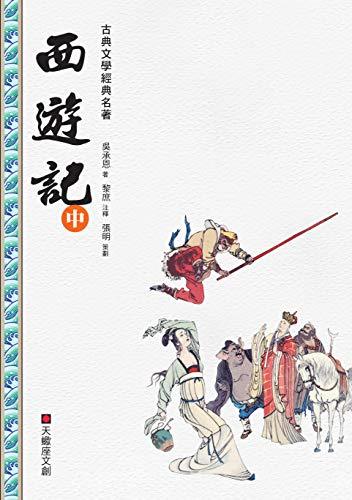
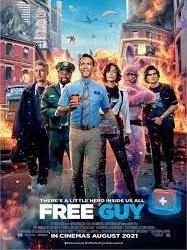

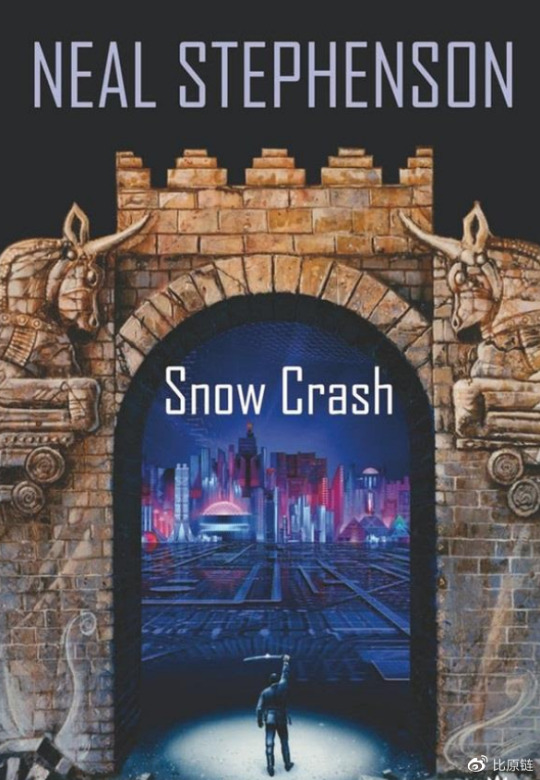
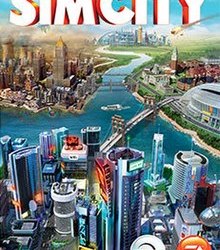
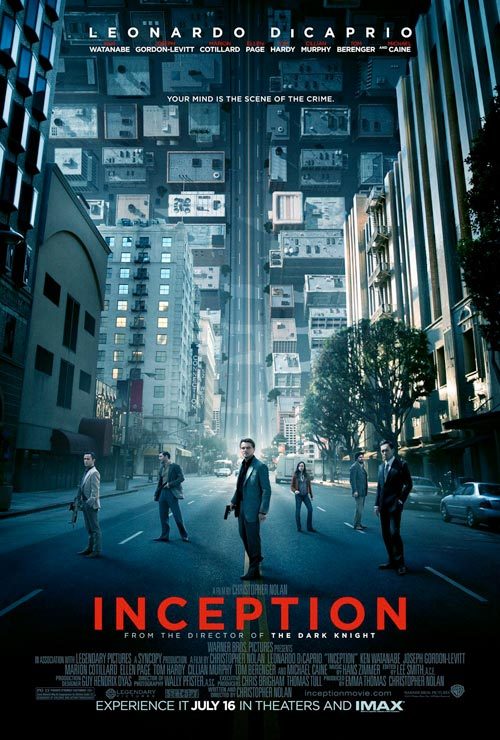
Rise Or Fall? The Complete Understanding Of Metaverse From The Philosophical, Cultural, Scientific And Social Perspectives
There are many recent popular films on ‘Metaverse’: Everything Everywhere All at Once, Doctor Strange in the Multiverse of Madness and Free Guy.
Technology company WayRay promotes its new kind of 'human world' as this: humankind has long been fascinated with a different reality—a different plane of existence, a different identity and a new perspective. To interact with a different reality might have been a dream decades ago, but now it is as real as the phone you are holding today. The technology is now mature enough, and we can all reach into the ‘Metaverse’.
What exactly is a ‘Metaverse’? It was said, “The meta-verse ('Meta’ + ‘Universe') is a virtual ‘reality space’ on the internet where a user can create a ‘human identity’ to live, interact and play, as well as experience things that he could always do in the real world." Metaverse will be another globe running parallel to and circumventing the existing world. The term came from a science fiction Snow Crash by Neal Stephenson in 1992 and the story depicted a virtual world on the internet that has buildings, roads, parks and shopping malls in which we could enjoy ‘a collateral life’.
It was pointed out Metaverse has 8 characteristics: (1) living under a virtual identity (2) getting along with new virtual ‘co-beings’ (3) instant and spontaneous movements by you commanding your extended identity in the virtual environment (4) an ‘as-if-real’ immersive experience in the virtual world (5) doing the great things which are humanly impossible for you to try in real life such as flying and roles transforming (6) the self-functioning economy of Metaverse by which you can become rich (7) vast supply of fascinating games and contents; and (8) co-building a ‘post-modern human civilization’.
Metaverse was made possible by scientific achievements. The advent of new technologies like 5G or 6G mobile network, Web 3.0, AI (Artificial Intelligence), VR (Virtual Reality), AR (Augmented Reality) and MR (Mixed Reality) solved many technical problems. The necessary equipment to operate Metaverse is expensive and includes special headset, personal computer, mobile phone, web, projection and kiosk. The ‘money’ transactions there involve innovative softwares like De-Fi (Decentralized Finance), IPFS (Inter-planetary File System) and NFT (Non-fungible Token). Mark Zuckerberg announced that ‘Meta’ (formerly known as Facebook) would soon file patent applications for a number of useful devices such as a pair of ultra-sensitive gloves to make 'Meta' bodily experience almost real. Can you afford all these?
Perhaps I am old, if not senile. The real world is already burdensome enough on a daily basis. My sure horror will come from the additional labour and toil associated with consuming a few hours per day on living in another artificial Metaverse. I get enough, if not more than enough, friends. Why should I meet more virtual people in the disguise of different identities and a lot of them may be crooks? I, nevertheless, envy the energetic ones who can handle two lives and two worlds.
I ask around to find out my friends’ interest on Metaverse. A said, “Communication technology simply makes people unnecessarily busy!” B said, “It’s cool! I want to be a powerful KOL or KOC in such a brave new world.” C said, “If I can make lots of money there, why not? I’m planning to buy some lands there.” D said, “I will be horrified when my 22-year-old girlfriend in Metaverse turns out to be an 80-years-old man!” E said, “Would it be lawful or immoral to attend a drug party in Metaverse?” F said, “How exciting it will be since I can hold a big concert there in the face of Michael Jackson?” G said, “I will transform myself into the most gorgeous girl there and attract loads of boyfriends!” H said, “I am afraid of sexual harassment. An English female beta tester was once groped by a stranger on Horizon Worlds!”
There is a famous philosophical story (莊周蝶夢)(Zhuang Zhou & Butterfly)of our ancient scholar Zhuangzi(莊子)(about 369 to 286 B.C.) that every Chinese knows. Zhuang dreamed that he was a butterfly. He suddenly woke up and found he was still himself, solid and human. He was puzzled and left us with his great theory of Taoism. “Am I really a man that dreamed of being a butterfly or whether I am a butterfly dreaming as a man?” This great Chinese thinker tried to challenge what we took as real might be unreal and what was unreal might be real. Perhaps he was the first one who inspired us on virtual reality thousand years ago. The French philosopher R Descartes (1596-1650) said, “No certain indications by which we may clearly distinguish wakefulness from sleep.” The development of Metaverse as the popular ‘second reality’ will lead more people to pursue a hot debate: can young people in the 23rd century choose to live in a virtual world of butterflies and refuse to live in a human world?
The other amazing Chinese ancient fairy tale protagonist is ‘The Monkey King’. It is based on the ancient story Journey to the West(西遊記) about a famous monk Xuanzang (玄奘) (602-664) who travelled on foot from China to India for the authentic Buddhist scriptures, escorted by Monkey King(孫悟空). This monkey was clever and rebellious. He acquired an immortal life and could transform him into seventy-two different identities in different situations at the same time. Riding clouds in the sky as a vehicle (Monkey King today will probably use Internet as his vehicle), he was able to travel 108,000 miles by a single somersault to meet friends. Would the Metaverse users dream of being a butterfly or Monkey King which were all old prophecies of ‘virtual reality’.
Many predict that your digital existence will become more important than your physical life. In the Metaverse, your life is fascinating with all that you can enjoy. But on earth, you may be lonely and miserable. Virtual life may be joyful. A real life can be sad. Nevertheless, the more humans lose themselves in a non-existent world, the more Artificial Intelligence technology will control us in future. I do not want to live in the virtual world because it will not give me a nice haircut! Do you? Happiness boils down to simplicity.
MLee
Chinese Version 中文版: https://www.patreon.com/posts/shi-kai-shi-huan-67507595?utm_medium=clipboard_copy&utm_source=copy_to_clipboard&utm_campaign=postshare
Movie “Everything Everywhere All at Once” Trailer HK https://youtu.be/E7qroZ-IulA Acknowledgement – A Really Happy Film
Movie “Free Guy” Trailer https://youtu.be/_vBOPZBPOjo Acknowledgement-20th Century Studios HK
What is Metaverse https://youtu.be/ZhD0FtWSiRo Acknowledgement-BBC News
Metaverse development in Korea https://youtu.be/ov_SCy-cKJc Acknowledgement-BBC News
Metaverse – Virtual Teresa Teng https://youtu.be/rN2PNMGtn2Q Acknowledgement-TBV News
Spent 100 days in Metaverse https://youtu.be/mufeRQYgqZc Acknowledgement-Ryan Trahan
Metaverse Song 《元宇宙》歌 https://youtu.be/qwWL58XcIYA Acknowledgement-Leslie Tsang
#Zhuangzi莊子#Xuanzang 玄奘#Monkey King孫悟空#Mark Zuckerberg#Neal Stephenson#Zhuang Zhou & Butterfly莊周蝶夢#Journey To The West西遊記#Free Guy#Snow Crash#Artificial Intelligence#Mixed Reality#Augmented Reality#Virtual Reality#Horizon Worlds#Decentralized Finance#Inter-planetary File System#Non-fungible Token#Everything Everywhere All at Once#Doctor Strange in the Multiverse of Madness
19 notes
·
View notes
Text
The Butterfly Dream by Zhuang Zi
Things are really getting rough for me at the moment. It just seems like anything I think of isn’t good enough, and I feel that I may just have to start from zero again.
One of my peers, Natalie, knew that I was working on the theme of dreams and suggested that I look into an old Chinese text about dreams. At this point, I might as well check it out in hope to save my project...
昔者莊周夢為胡蝶,
Once, Zhuang Zhou dreamed he was a butterfly,
栩栩然胡蝶也,
a self-content fluttering butterfly,
自喻適志與。
doing as he pleases.
不知周也。
The butterfly does not know about Zhuang Zhou.
俄然覺,
Suddenly he woke up,
則蘧蘧然周也。
and he was unmistakably Zhuang Zhou.
不知周之夢為胡蝶與,
One does not know if Zhuang Zhou dreamed of becoming a butterfly,
胡蝶之夢為周與。
or if the butterfly dreamed of becoming Zhuang Zhou.
周與胡蝶,
Zhuang Zhou and the butterfly,
則必有分矣。
there must exist a distinction between them.
此之謂物化。
This is called the ‘changing of things’.
I had to get out of my way and translate this text myself, because I didn’t buy into some of the readily available western translations of the text. It seemed to me that these western translations were missing some aspect of Taoist philosophy and to that extent, Buddhist philosophy. At least, these translations felt different from the Chinese stories I’ve heard when I was young.
One of the more popular translations on this text is by a Herbert A. Giles, which follows:
Once upon a time, I, Chuang Tzu, dreamt I was a butterfly, fluttering hither and thither, to all intents and purposes a butterfly. I was conscious only of following my fancies as butterfly, and was unconscious of my individuality as a man. Suddenly, I awakened, and there I lay, myself again. Now I do not know whether I was then a man dreaming I was a butterfly, or whether I am now a butterfly, dreaming I am a man. Between a man and a butterfly there is necessarily a barrier. The transition is called Metempsychosis.
This, surely, became a large topic in the discussion among philosophers as it was an insight to existence and reality. While that is true, I believe it is too focused on the information given at the middle of the text.
The last two lines of the original Chinese text is what intrigues me. From direct translation, the second to the last line merely acknowledges the two possibilities. Wherein, the translation would use the word “Barrier” as if having the goal to alienate the two from one another. Furthermore, old texts like these, wouldn’t normally have such a complex word like “Metempsychosis”.
metempsychosis
/ˌmɛtɛmsʌɪˈkəʊsɪs/
noun
the supposed transmigration at death of the soul of a human being or animal into a new body of the same or a different species.
It kind of detracts from what Zhuang Zi was trying to say at the end. In the text, two realities are acknowledged, first, of the man dreaming of a butterfly, and then, the butterfly dreaming of a man. The individuality of each character only exists when one awakens into that ‘body’. As such, the last two lines point to having a higher level of consciousness upon awakening into a body, like some interpretation of enlightenment in Buddhism, rather than focusing on the argument of determining which is real. It renders the dichotomy almost irrelevant and prefers to take in whatever the present state is.
The Dream Argument
the postulation that the act of dreaming provides preliminary evidence that the senses we trust to distinguish reality from illusion should not be fully trusted, and therefore, any state that is dependent on our senses should at the very least be carefully examined and rigorously tested to determine whether it is in fact reality.
After shitting all over the western view focusing on the dream argument, it is still within the text and an interesting aspect of it. That’s why we had movies like The Matrix or Inception.
I digress... Now, I’m just trying to formulate some ideas about a dream within a dream, parallel realities, and individual existence...
0 notes